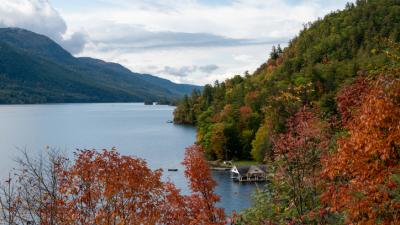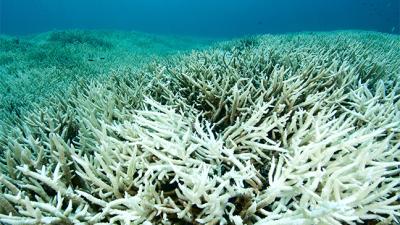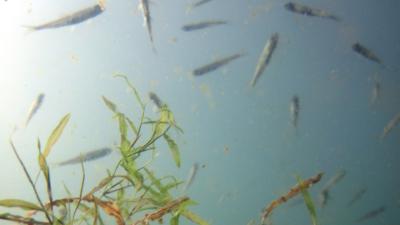RPI Collaborates on First-of-its-Kind Research Study to Keep New York Lakes Healthy
RPI professor and freshwater ecology expert Kevin Rose, Ph.D., in collaboration with other researchers from Rensselaer Polytechnic Institute (RPI), the Lake George Association (LGA), and Paul Smith’s College, conducted the first ever long-term study on the environmental effects of the aquatic herbicide florpyrauxifen-benzyl (FPB), also known as ProcellaCOR.
Earth’s Disastrous 10th Tipping Point Has Been Identified
Loss of Oxygen in Lakes and Oceans a Major Threat to Ecosystems, Society, and Planet
Oxygen is a fundamental requirement of life, and the loss of oxygen in water, referred to as aquatic deoxygenation, is a threat to life at all levels. In fact, in research recently published in Nature Ecology and Evolution, Rensselaer Polytechnic Institute’s Associate Professor Kevin Rose, Ph.D. and his collaborators describe how ongoing deoxygenation presents a major threat to the stability of the planet as a whole. Previous research has identified a suite of global scale processes, referred to as Planetary Boundaries, that regulate the overall habitability and stability of the planet. These processes include things such as climate change, land use change, and biodiversity loss. It has been argued that if critical thresholds in these processes are passed, then major ecological, economic, and social challenges are likely to result. Importantly, Rose and collaborators argue that aquatic deoxygenation both responds to, and regulates, other Planetary Boundary processes.
Northwoods Loon Population In Decline
Loons in murky water. Why scientists in Wisconsin are worried about this icon of the northern wilderness
World’s Lakes Losing Oxygen Rapidly as Planet Warms
Oxygen levels in the world’s temperate freshwater lakes are declining rapidly — faster than in the oceans — a trend driven largely by climate change that threatens freshwater biodiversity and drinking water quality.


